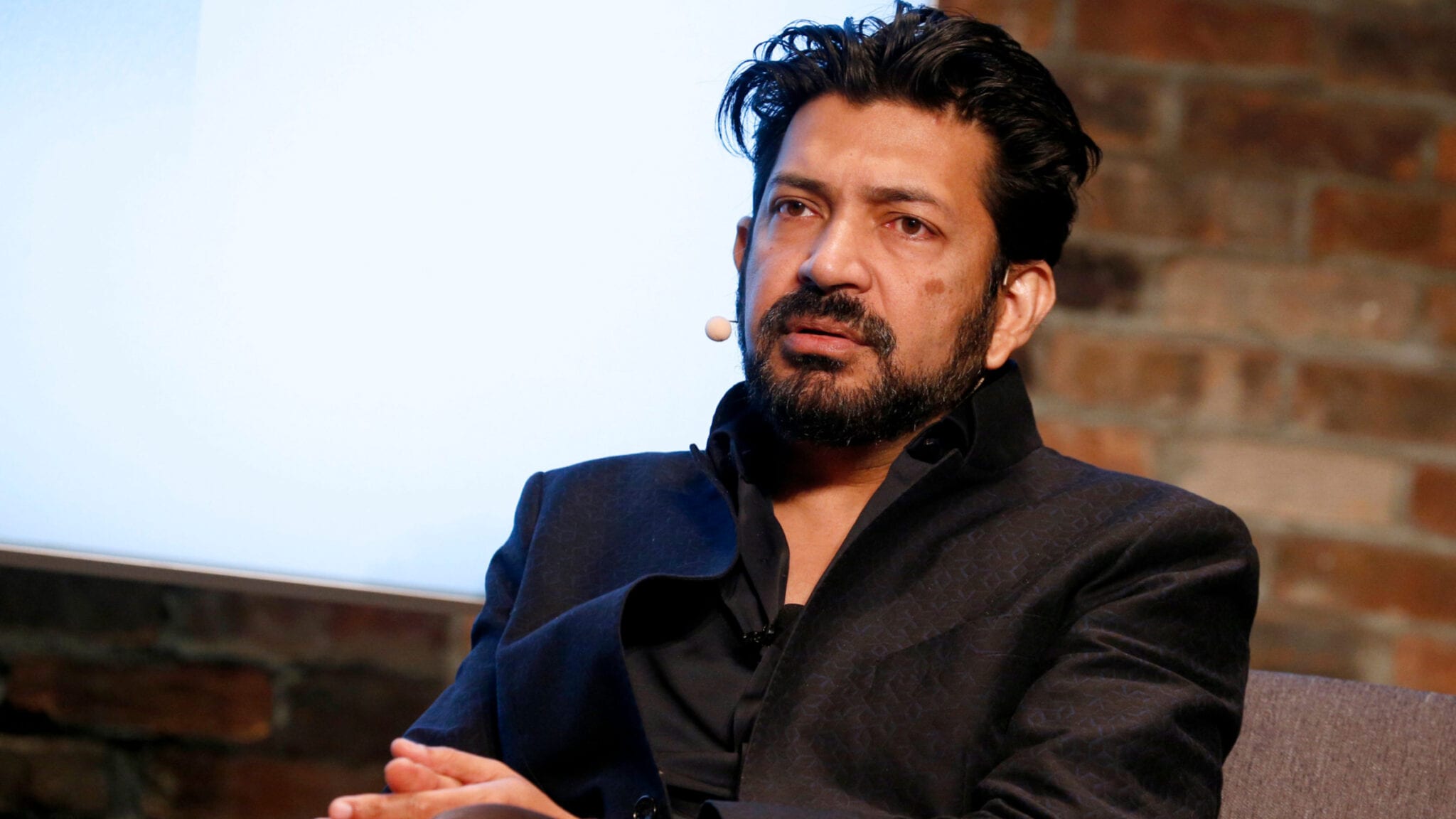
Sid Mukherjee (Photo by Brian Ach/Getty Images for The New Yorker)
J&J, Sid Mukherjee's Vor team up to pair bispecifics with engineered stem cells for blood cancer
J&J is one of many Big Pharma drugmakers chasing the golden goose in oncology bispecifics, with some early positive results in lung cancer to show …
Sign up to read this article for free.
Get free access to a limited number of articles, plus choose newsletters to get straight to your inbox.